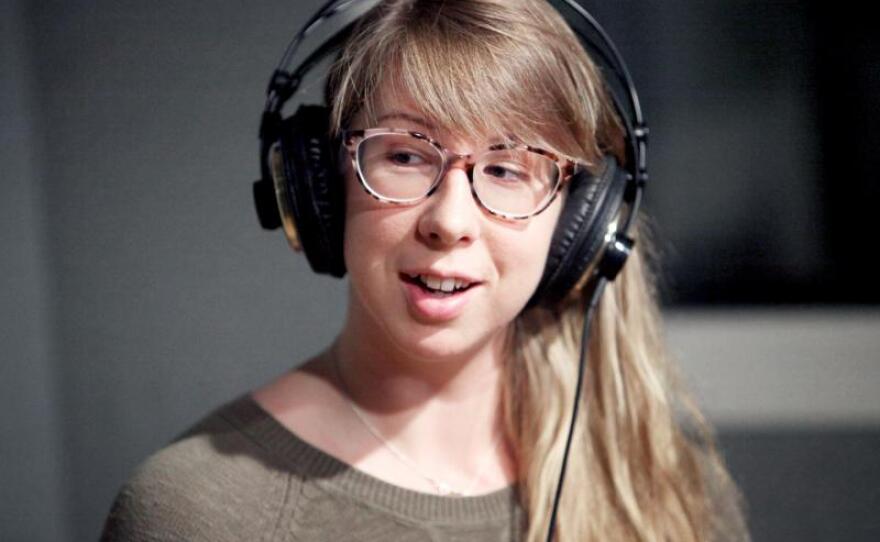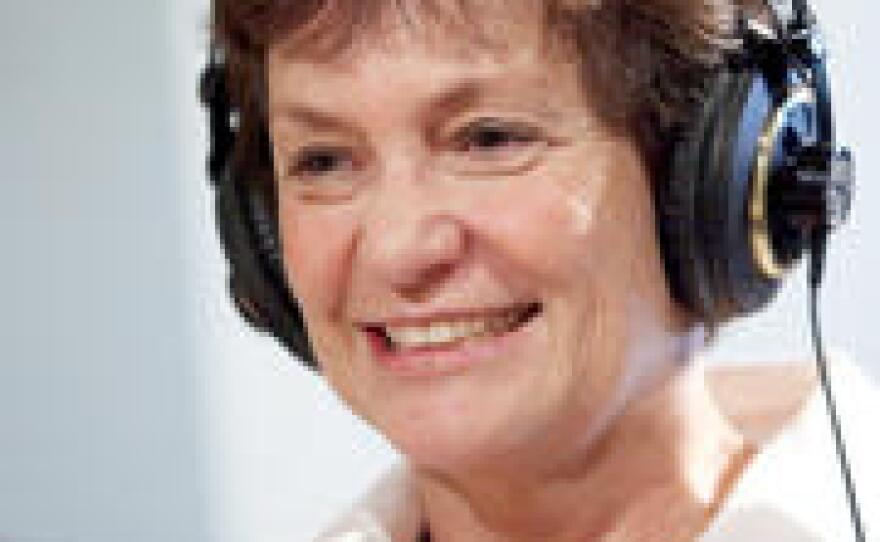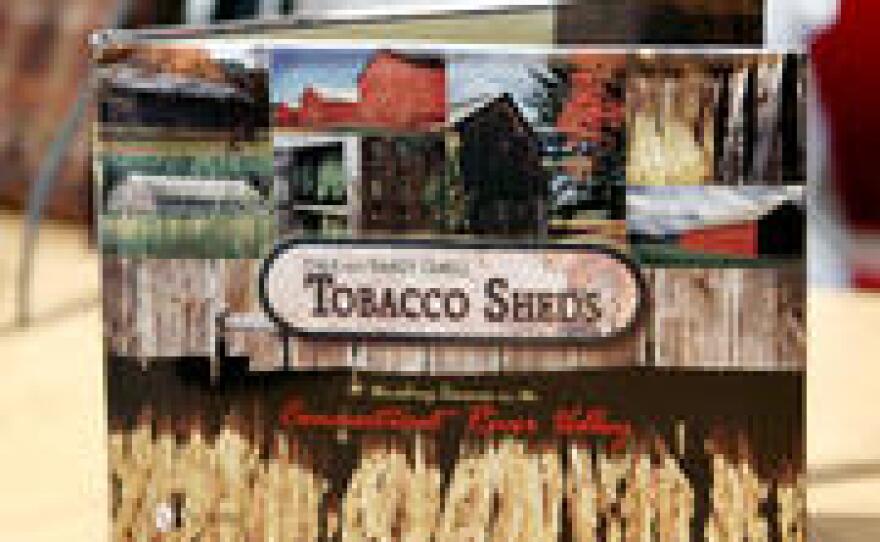Shade tobacco came to Connecticut in 1900 from the island of Sumatra, which was beginning to dominate the world of cigar wrappers. The leaf had a light color, delicate texture, and mild flavor that cigar lovers love.
So it seemed like a good idea to grow it somewhere besides Sumatra and the artificial shade concept developed in Florida in the 1890s. Connecticut growers tried it on one-third of an acre in Windsor in 1900, and the result was so good that farmers, in an un-Yankee-ish burst of headlong passion, planted 50 acres in 1901.
The industry grew like shade tobacco -- that is, fitfully -- and woven into its life were the stories of the latest set of immigrants willing to work in cheap and concentrated bursts. We tell you as many of their stories as we can.
While farmers in several North Central towns, like Enfield, are still growing tobacco in deceptively simple wood barns, tobacco is no longer the economic engine that once required farmers to recruit help from all over the country. It’s hard to find someone in this part of Connecticut who didn’t work in the fields as a teenager, or know someone who did.
What's your story? Comment below, email Colin@wnpr.org, or tweet @wnprcolin.
This show originally aired on October 28, 2014.
GUESTS:
- Dale Cahill is a farmer and the coauthor, with his wife Darcy, of Tobacco Sheds: Vanishing Treasures in the Connecticut River Valley. You can find them at tobaccosheds.com
- Brianna Dunlap is the Director of the Luddy/Taylor Connecticut Valley Tobacco Museum, and a Masters student at CCSU in Public History
- Connie Robinson works part-time for YHBIA Investments administering their charitable endowments, she teaches a course on gravestones and cemeteries, and volunteers most of her time to local organizations including Noah Webster House, Foundation of WH Schools and the WH Chamber of Commerce. She was also a "Pensy Girl" for the Hathaway & Steen Tobacco Company as a teenager
- Steve Jarmoc is the third-generation of family farmers on Jarmoc Farm in Enfield
- Thomas Brown is the Founder of Diversity Leadership Forum in New Haven, and worked for the Coleman Brothers tobacco farmers in Simsbury
MUSIC:
- “We Don’t Grow Tobacco”by Old Crow Medicine Show
- “Chew Tobacco Rag” by Woody Pines
- “Tobacco Road” by Edgar Winter
Colin McEnroe and Chion Wolf contributed to this show.










